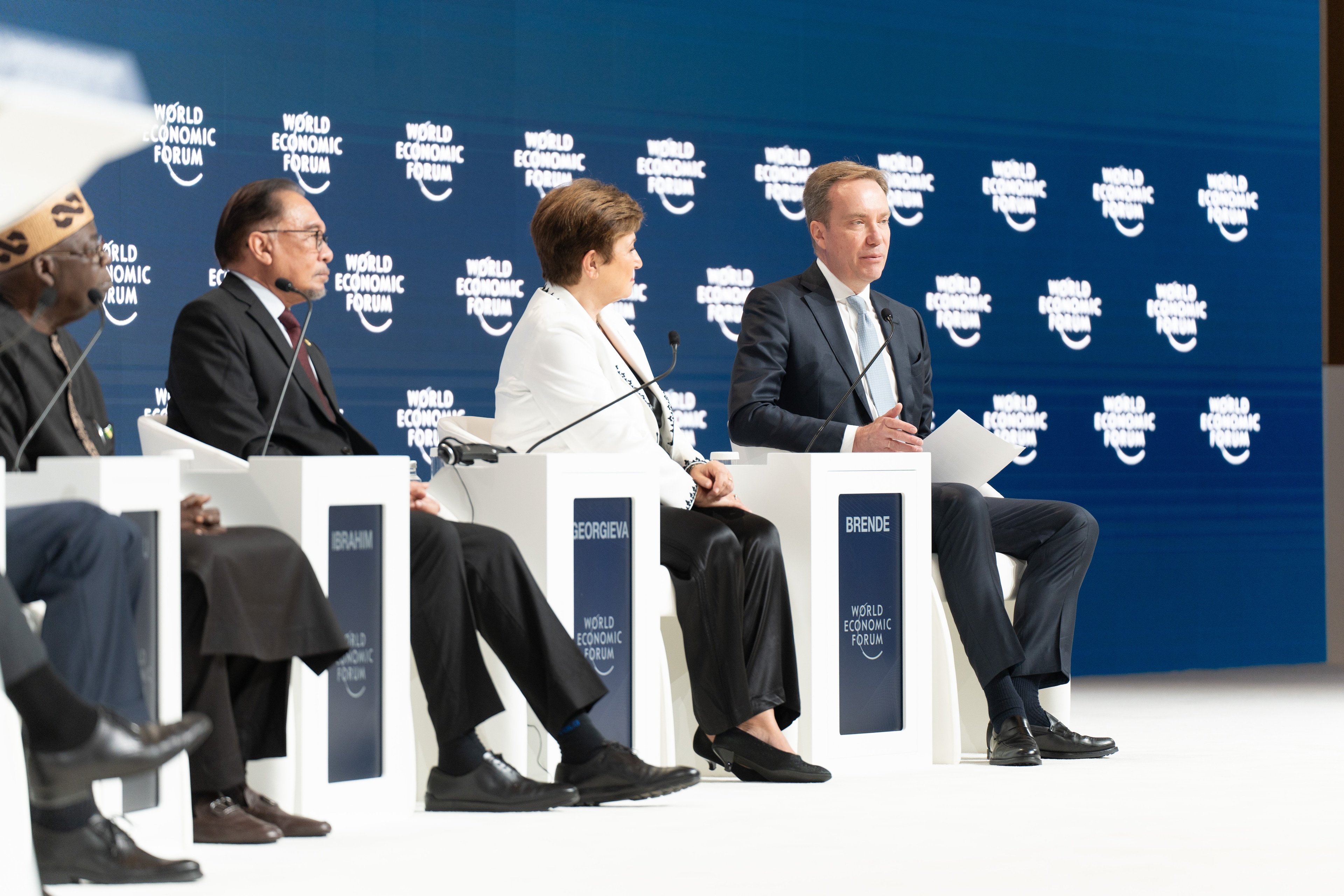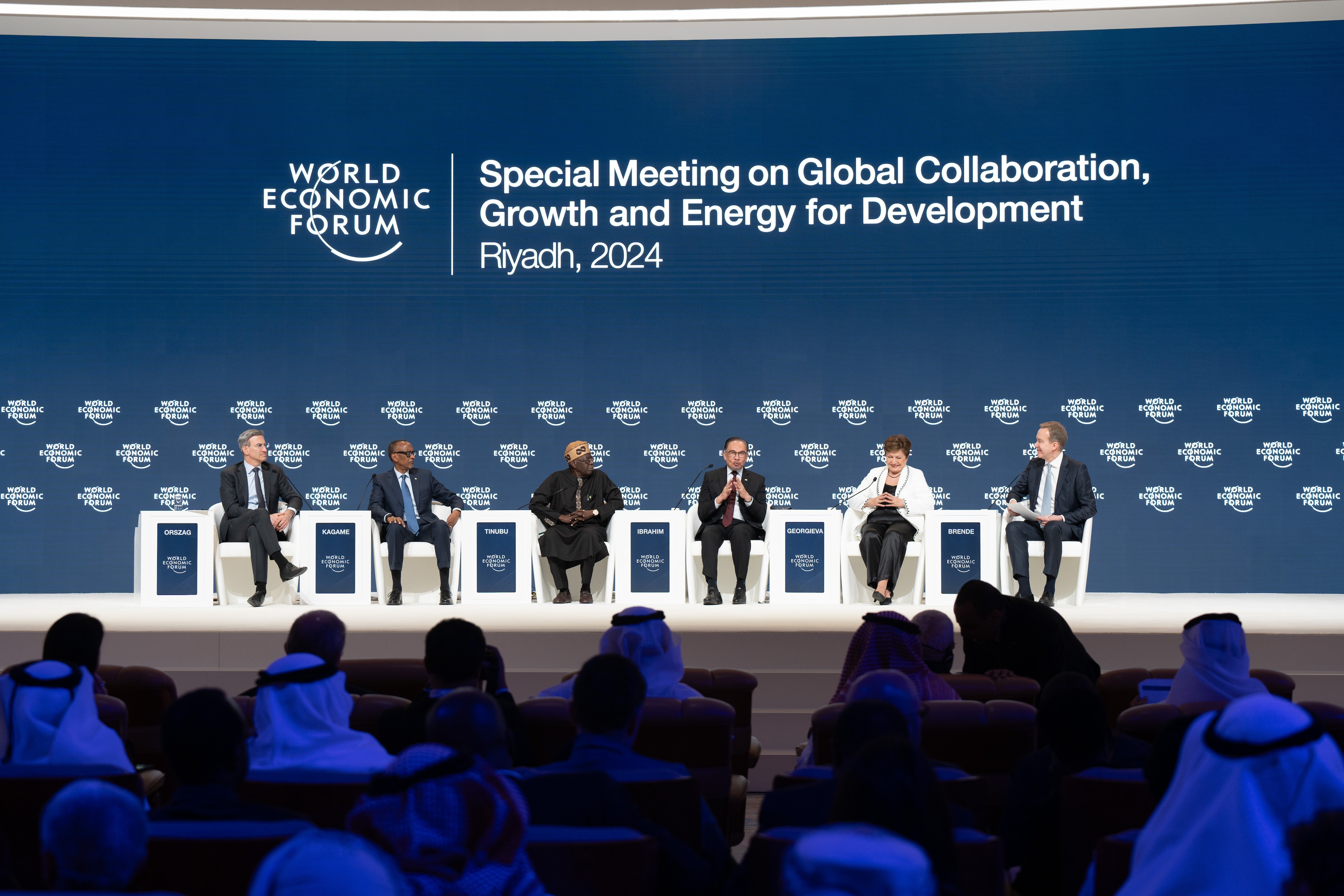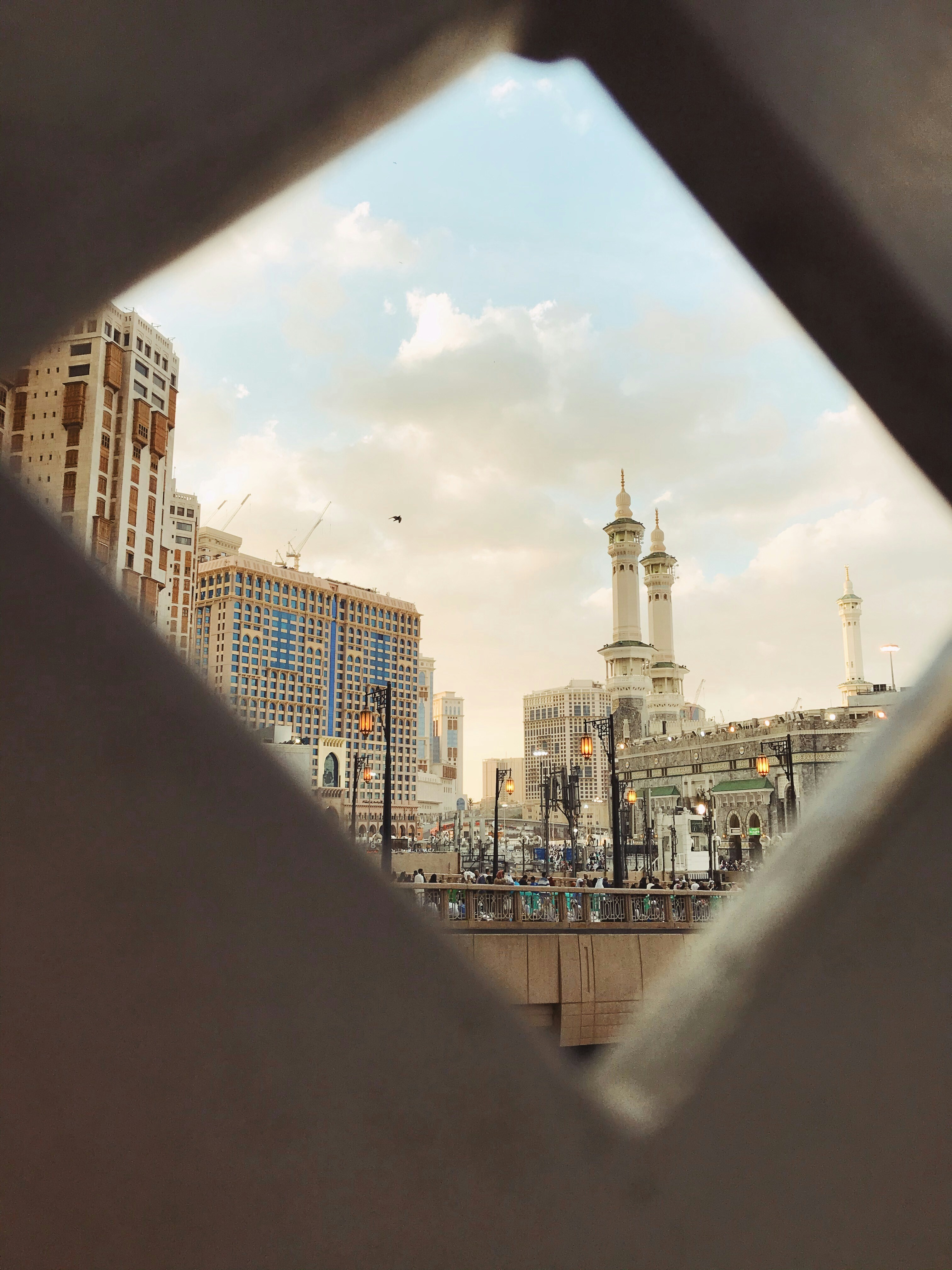How Morocco stays the course on a just energy transition towards sustainable development

A thermosolar power plant at Noor II Ouarzazate, Morocco, Image: REUTERS/Youssef Boudlal
Leila Benali
Minister of Energy Transition and Sustainable Development, Ministry of Energy, Mines and Sustainable Development of Morocco
Get involved with our crowdsourced digital platform to deliver impact at scale
Stay up to date:
Davos Agenda
Listen to the article
- The Kingdom of Morocco managed to meet its development needs in 2022 without derailing its sustainability agenda and while increasing energy security.
- Weeks before Russia invaded Ukraine, Morocco had a roadmap in place for energy security, including fast-tracking sustainable access to the international Liquefied Natural Gas (LNG) market, decarbonising industry and addressing the intermittency of renewables.
- With the right economies of scale and incentives, structured investments and a balance between adaptation and mitigation, the world can move towards a just, informed, affordable and bankable energy transition.
A nation loses critical energy supplies and looks for alternatives, balancing its near-term needs against longer-term sustainability goals. Most would think this refers to a European country following the Russia-Ukraine war of 2022. But it also describes the Kingdom of Morocco, which managed to meet its development needs without derailing its sustainability agenda and while increasing energy security.
2022 will be remembered as the year when an underdog, Morocco’s national football team, reached the World Cup’s semi-finals and restored the trust of the nation and that of the Global South. 2022 will also be remembered as the year when consumers and policymakers favoured short-term security over sustainability. Security concerns, however, are neither temporary nor superfluous and energy transition takes time and could require investments of $250 trillion over 30 years.
What's the World Economic Forum doing about the transition to clean energy?
In Africa, nearly 600 million people remain without access to electricity or modern forms of energy. Closing this infrastructure gap requires a $100 billion investment per year. After COVID-19 lockdowns, wars and market dislocations, 2022 offered us a clear conviction: this is the wrong time to lose credibility and trust after years of advocacy on the climate emergency, nature and biodiversity protection.
On October 31, 2021, a 10 billion cubic metre natural gas pipeline between Africa and Europe shut down, cutting Morocco off. Morocco could have gone down the irreversible path of retooling the energy system to fill the gap with cheap and dirty fuels. Instead, on November 1st 2021, it joined the world at COP-26 in Glasgow in resolutions to move beyond coal. The country, like others, was still recovering from the economic shockwaves of COVID-19 and it turned this new challenge into an opportunity.
A few weeks before Russian troops entered Ukraine, Morocco had a roadmap in place for energy security. This included fast-tracking sustainable access to the international Liquefied Natural Gas (LNG) market to 'power past coal,' decarbonising industry and addressing the intermittency of renewables. After all, LNG was created to transcend boundaries and diversify supplies away from pipeline gas, helping to strengthen resiliency.
This integration with the international LNG markets following the reversal of the flow of a transcontinental pipeline was a critical move to restore the trust of our people, investors and allies, with a just and informed energy, economic and social transition. Financing gas projects was still cumbersome. The fuel was a 'bridge to nowhere,' not a transition fuel to meet climate ambitions. Back in 2014, Ukraine already started to reverse pipelines to reduce its dependency on Russian gas. Against the backdrop of uncertainty, Morocco too decoupled supply from infrastructure. It increased the system’s security, sustainability and flexibility by enabling more renewables, pushing for more efficiency and increasing the integration with global markets – the three pillars of its energy strategy.
In Europe, commodities and utilities bills soared to record levels. Countries scrambled to acquire supplies or curtail consumption. For some, 2022 resembled the 1970s oil price shocks, where Japan and Europe lost some competitiveness. This time, countries have barely emerged from a global pandemic, with soaring inflation, tightening monetary policies and a dollar at its strongest level in a generation. Europe is not the only region suffering. Energy poverty, supply insecurity and environmental degradation have already become the norm in many countries, alongside food and water crises.
Just as during the creation of the Bretton Woods System, a difficult global environment makes informed sustainable economics and a renewed multilateralism even more critical. This is key to tackling the triple planetary crisis of this century: climate change, pollution and biodiversity loss. Here are three telling examples:
Climate
Carbon prices reached €100 per ton for the first time in February 2023 in the European Emissions Trading System (ETS), pushing the value of traded global markets for CO2 close to €1 trillion. This was a clear signal of informed economics.
Environment
As we are considering the theme of the sixth session of the United Nations Assembly for Environment (UNEA-6) to end plastic pollution and promote nature-based solutions for supporting sustainable development, the call to reinvigorate multilateralism to overcome the multiple crises that put the viability of life on Earth at risk is more pressing than ever. It needs to be supported with informed decisions.
Fuels of the future
The July 2022 US Inflation Reduction Act’s 'Hydrogen shot' incentives target $1 per kg by 2031. A very positive economic signal. However, while some are lifting fracking bans, re-firing coal and arbitrarily pricing in and out externalities, politicians must ensure that taxpayers’ money is not used to incentivise new bubbles that generate negative returns to society, stranded assets or bankruptcies.
If financial institutions and the private sector say that, with the right economies of scale and incentives, properly structured investments and the right balance between adaptation and mitigation, we can move together towards a just, informed, affordable and bankable transition, why don’t we do just that? It's time to restore and nurture trust.
Don't miss any update on this topic
Create a free account and access your personalized content collection with our latest publications and analyses.
License and Republishing
World Economic Forum articles may be republished in accordance with the Creative Commons Attribution-NonCommercial-NoDerivatives 4.0 International Public License, and in accordance with our Terms of Use.
The views expressed in this article are those of the author alone and not the World Economic Forum.
Related topics:
The Agenda Weekly
A weekly update of the most important issues driving the global agenda
You can unsubscribe at any time using the link in our emails. For more details, review our privacy policy.
More on Forum InstitutionalSee all
Gayle Markovitz
April 28, 2024
Gayle Markovitz
April 27, 2024
Mirek Dušek and Maroun Kairouz
April 27, 2024
Kate Whiting
April 26, 2024
Spencer Feingold and Gayle Markovitz
April 19, 2024
Kate Whiting
April 17, 2024






